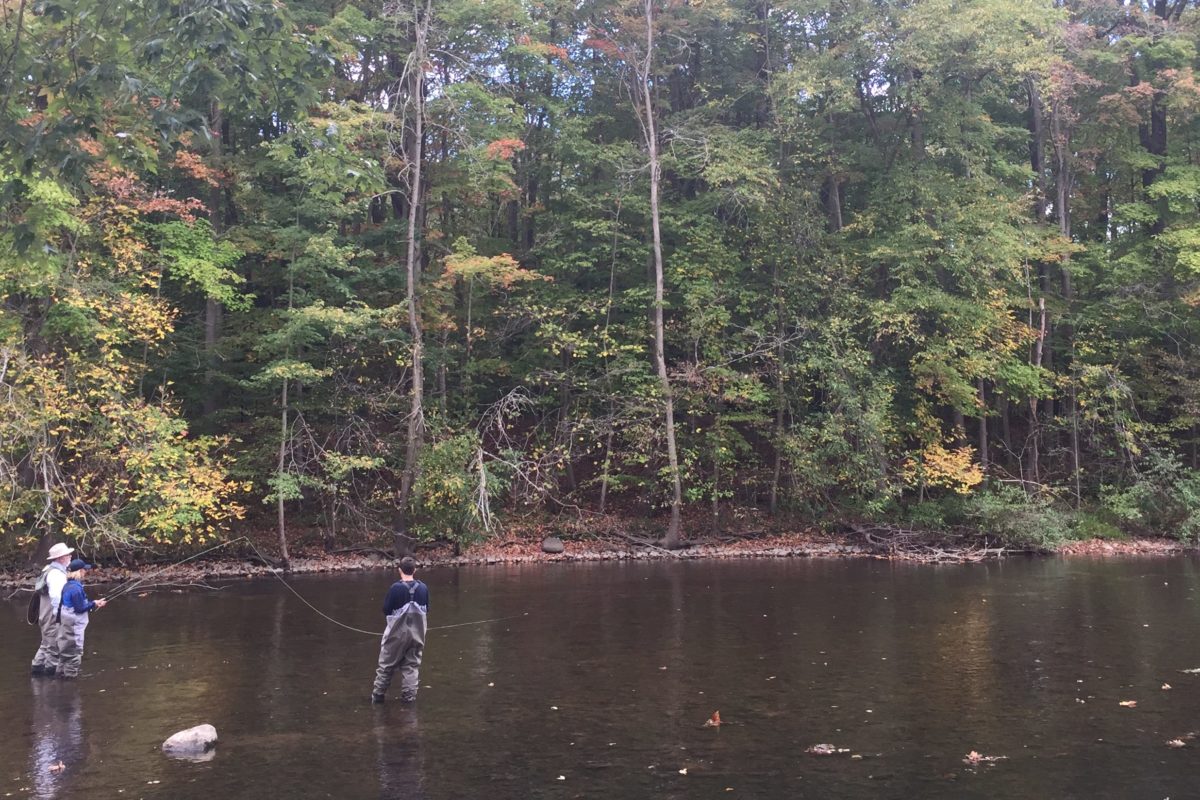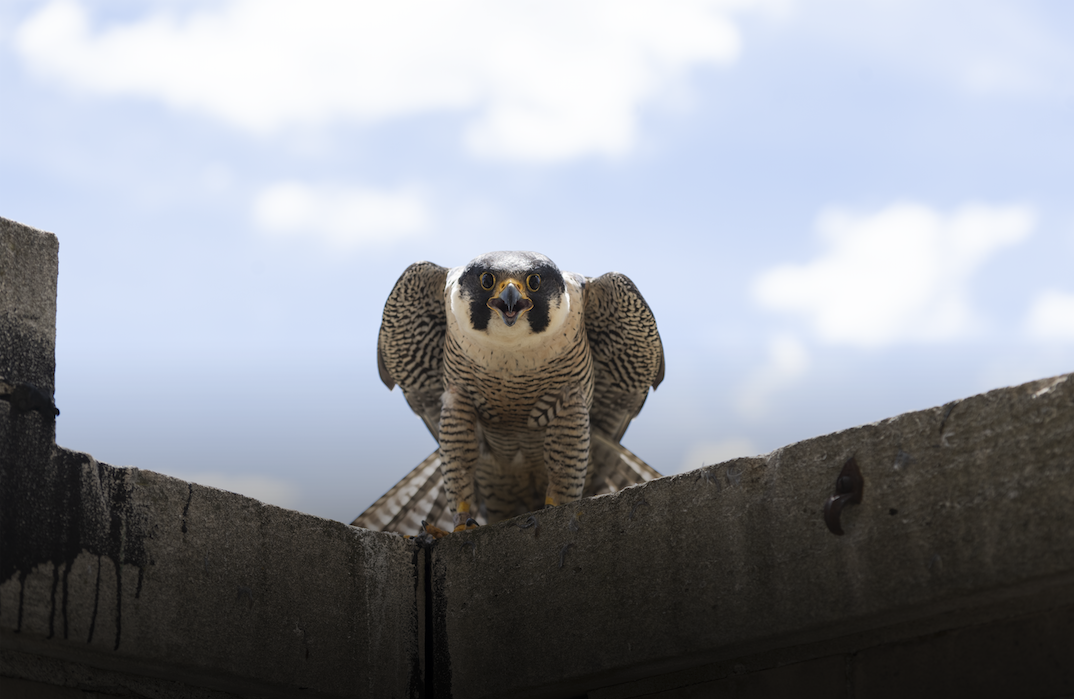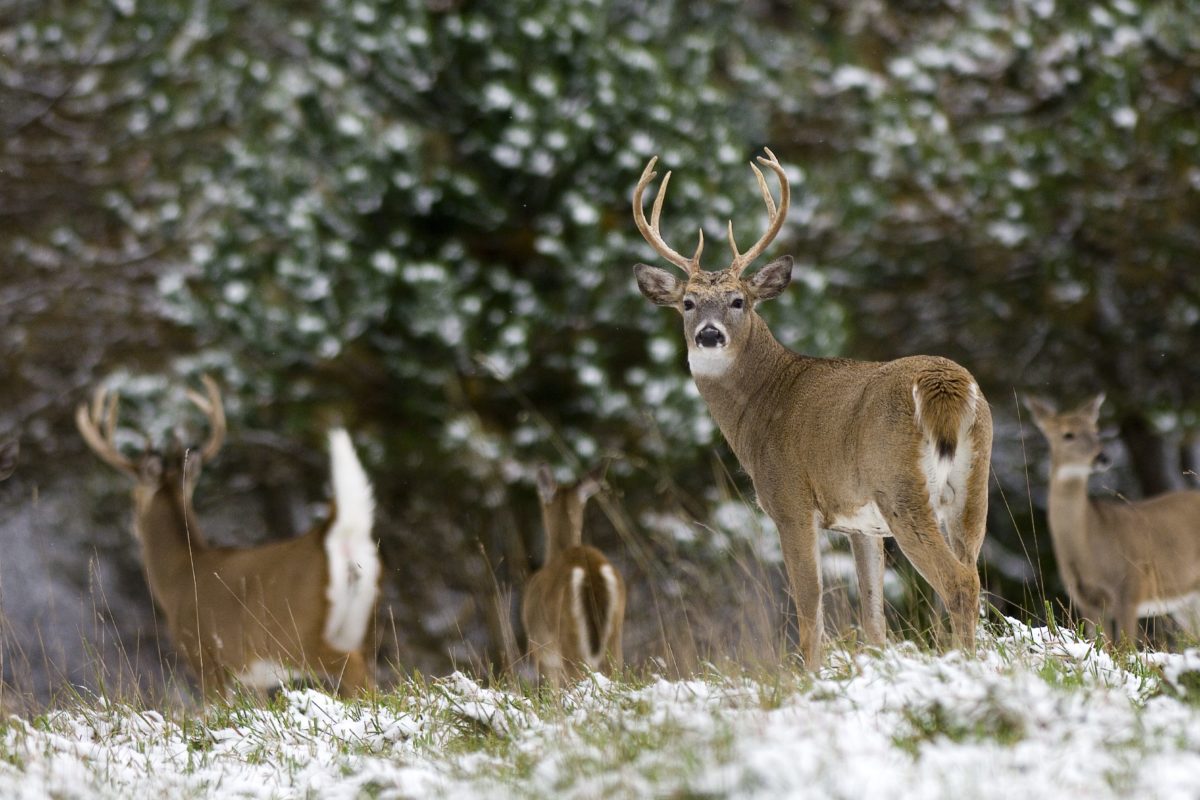Report’s release coincides with unveiling of new Michigan Wildlife Photo Mosaics exhibit at Michigan History Center celebrating state’s greatest wildlife conservation success stories
A survey released Tuesday by the Michigan Wildlife Council shows more Michiganders than ever know hunting and fishing license sales pay for the conservation of the state’s water, woods and wildlife.
The research also shows a growing appreciation among the general public for the conservation and economic benefits sportsmen and sportswomen generate for the state.
“We’re finding increasing recognition of the positive impact that hunting and fishing have on Michigan – which is exactly what the Michigan Wildlife Council was charged with accomplishing when it was created by the state Legislature in 2013,” said Matt Pedigo, council chairman.
The council commissioned the study in 2019 to gauge the effects of its public education campaign that scientifically based conservation and wildlife management practices – including regulated hunting and fishing – are essential to conserving Michigan’s outdoor resources.
The survey found that 73% of state residents correctly identify hunting and fishing licenses as the largest sources of funding for wildlife management work in Michigan. A similar council survey in 2018 showed 67% of residents knew licenses pay for conservation.
In addition, three-quarters of residents agree that hunting and fishing license fees have a major or moderate benefit to Michigan, the latest research showed.
The research findings were released during a news conference at the Michigan History Center in Lansing that in addition to Pedigo featured Michigan Department of Natural Resources Director Daniel Eichinger; Michigan United Conservation Clubs Executive Director Amy Trotter; state Rep. Leslie Love, D-Detroit, co-chair of the Michigan Legislative Sportsmen’s Caucus; state Rep. Julie Brixie, D-Meridian Township; Outdoor Radio Magazine’s Mike Avery; and leaders in Michigan’s hunting, fishing, conservation, business and tourism sectors.
The news conference preceded the unveiling of the new Michigan Wildlife Photo Mosaics exhibit. The one-of-a-kind series of photo mosaics was commissioned by the Michigan Wildlife Council and crafted with the hands of over 10,000 people throughout 2019 to celebrate Michigan’s greatest wildlife conservation success stories with visits in Detroit, Grand Rapids, East Lansing, Flint and Escanaba.
“They literally became part of Michigan’s great wildlife conservation picture,” Brixie said.
Guests of honor at the unveiling included Bill Rapai of the Kirtland’s Warbler Alliance; Abby Ertel of Huron Pines; Paul Beachnau of the Gaylord Area Convention and Tourism Bureau; Sandy Franz of the Pigeon River Country Advisory Council; Jeff Van Buren of the Rocky Mountain Elk Foundation; Jane Purslow and Lou Waldock of the Osprey Reintroduction Program of Southern Michigan; Dina Maneval of Lansing Board of Water & Light; Brenda Archambo and Jim Felgenhauer of Sturgeon for Tomorrow; Jeff Bouwman of the Gibraltar School District; Ben Braymer of Zeeland Public Schools; and Steve Sharp of the National Wild Turkey Federation.
“This exhibit is really a tribute to everyone who joined forces to bring six of Michigan’s most treasured wildlife back from the brink of extinction: elk, lake sturgeon, peregrine falcon, wild turkey, Kirtland’s warbler and osprey,” Eichinger said.
Other key survey findings include the fact that approval of hunting and fishing remains high across all geographic and demographic groups, with 86% of Michiganders approving of recreational fishing and 83% approving of legal, regulated hunting.
The public also has a growing understanding of the statewide economic impact of hunting and fishing, estimated by the Michigan United Conservation Clubs at more than $11.2 billion annually.
“Obviously, sportsmen and sportswomen play a major role in making Michigan a great place to live, work and recreate,” Trotter said.
The Michigan Wildlife Council is a bipartisan-approved panel funded through $1 from every hunting and fishing license. Gov. Gretchen Whitmer and the Legislature declared July 2019 as “Michigan Wildlife Conservation Month” to promote awareness of the nationally heralded efforts the state is making to ensure Michigan’s wildlife and natural resources are preserved for future generations.
“I applaud the council for the tremendous job it’s doing reaching out to people in Southeast Michigan and West Michigan to encourage greater participation and increase opportunities for engagement,” Love said.
This year’s educational efforts will also continue to emphasize that hunting and fishing licenses – not state taxes – fund the bulk of the wildlife conservation work that takes place statewide.
The 2019 Michigan Wildlife Council statewide survey measured the public’s knowledge and perceptions related to wildlife management, natural resources, hunting and fishing. The survey was conducted Sept. 15-Nov. 21, 2019. The sample of 800 responses from Michigan adults age 18 or older were obtained and weighted accurately to reflect Michigan’s age, race, gender and geographic makeup.



